

David Hamilton was the former Environment Bay of Plenty Chair in Lakes Management and Restoration at the University of Waikato. In his role, David studied 12 lakes in the Rotorua region to better ...
READ MORE

In the future, water may be our most valuable commodity. Understanding the water cycle – the continuous movement of water through the Earth's upper crust, surface and atmosphere – is crucial. The ...
READ MORE

Riparian zones are the areas beside streams. These areas are sometimes reconstructed or improved to provide habitat for fish and other aquatic life and to stabilise banks against erosion. This ...
READ MORE
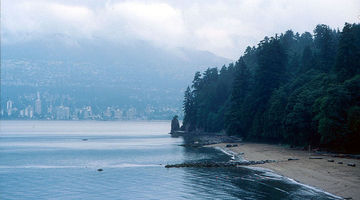
In this activity, students observe the processes of evaporation and precipitation by creating a model that simulates the water cycle. By the end of this activity, students should be able to ...
READ MORE
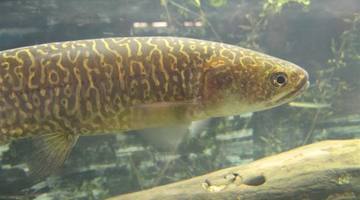
In this activity, students can test their knowledge of freshwater fish online or in a paper-based quiz. The quiz can be used as an introductory tool to gauge students’ prior knowledge, as a ...
READ MORE

Te mana o te wai describes the first right for water being with the water – rivers, lakes and streams as well as the ocean. After human water uses, there must be enough natural flow remaining to ...
READ MORE
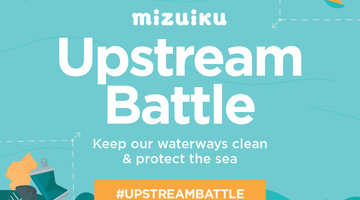
Did you know that 80% of marine litter globally starts life on land? Mizuiku Upstream Battle is a citizen science programme run by Keep New Zealand Beautiful. It aims to get volunteers across ...
READ MORE
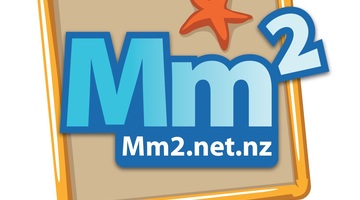
Marine Metre Squared is a New Zealand citizen science project that supports communities to monitor their local seashore. The project has been designed to provide meaningful, valid environmental ...
READ MORE
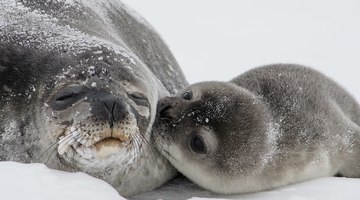
Weddell seals and orca are among the top predators in the Ross Sea region of Antarctica, and more than half of the Weddell seal population can be found in the Ross Sea. Information about changes ...
READ MORE

Freshwater is defined as inland water – springs, streams, rivers, lakes and wetlands. It includes water that is stored in glaciers and under the ground within soil and in aquifers. Freshwater is ...
READ MORE
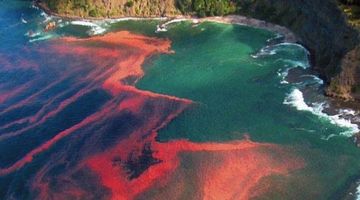
Seaweek is New Zealand’s annual national week about the sea. It is coordinated by the Sir Peter Blake Marine Education and Recreation Centre (MERC) and includes a wide range of events ...
READ MORE
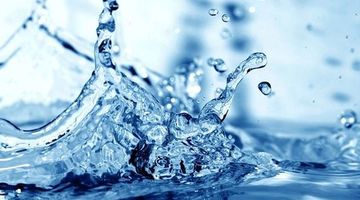
About 70% of Earth’s surface is covered by water. It is found just about everywhere and is the only naturally occurring substance on Earth existing in solid, liquid and gas states. Water is ...
READ MORE
There are many natural ways in which water is purified. Unfortunately, in some ecosystems, humans have had drastic impacts on these natural processes and now there are problems with water ...
READ MORE
In this video, David Hamilton explains what time and space means for the water cycle by taking a closer look at Lake Rotorua. Lake Rotorua’s water quality is the result of what happened to the ...
READ MORE
In this video, 4 New Zealand scientists – Dave Campbell, Louis Schipper, David Hamilton and Keith Hunter – talk about what it means if we say that the water cycle is dynamic and changing ...
READ MORE

There are several physical, chemical and biological indicators that are monitored for water quality purposes. Click on the labels for more information. Select here to view the full transcript and ...
READ MORE
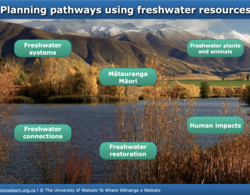
This interactive groups Hub resources into key science and mātauranga Māori concepts. Select here to view further information, the full transcript (with PDF download option) and copyright ...
READ MORE

Use this interactive graphic organiser to explore your personal views and values relating to water. Place each statement card where you feel it belongs. There are no right or wrong answers.
READ MORE